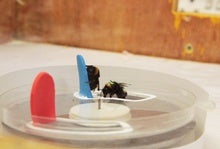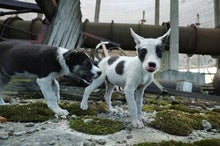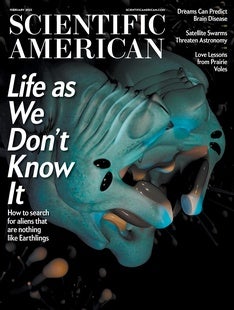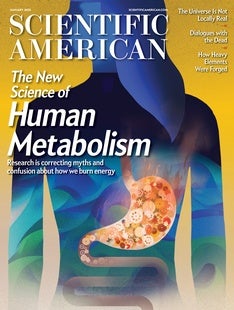 |
| March 10, 2023 |
 |
| Mathematics The Most Boring Number in the World Is ... That prime numbers and powers of 2 fascinate many people comes as no surprise. In fact, all numbers split into two camps: interesting and boring By Manon Bischoff | |
| |
| |
| |
| |
| |
| |
| |
| |
| |
| |
| |
| |
| |
BRING SCIENCE HOME
 | | Unlocking the Secrets of the Pinecone | Depending on where you live, this time of year the ground might be covered in snow, ice and, most importantly, pinecones! We see pinecones everywhere during the winter—in wreaths, on trees and in our yards. But did you know that pinecones have a vital job? They keep pine tree seeds safe, and protect them from the freezing temperatures during the winter! To protect their seeds, pinecones can close their “scales” tightly, keeping out cold temperatures, winds, ice and even animals that might eat their precious cargo. In this activity we will observe how pinecones respond to different temperatures by mimicking changes in weather, all from our own kitchens! As an added bonus, after this activity your pinecones will be ready to be added to your house as a holiday decoration or as a reminder of the plants of the season. | |  | |
LATEST ISSUES
 |
| |
| Questions? Comments?  | |
| Download the Scientific American App |
| |
| |



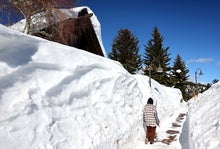

.jpg)



